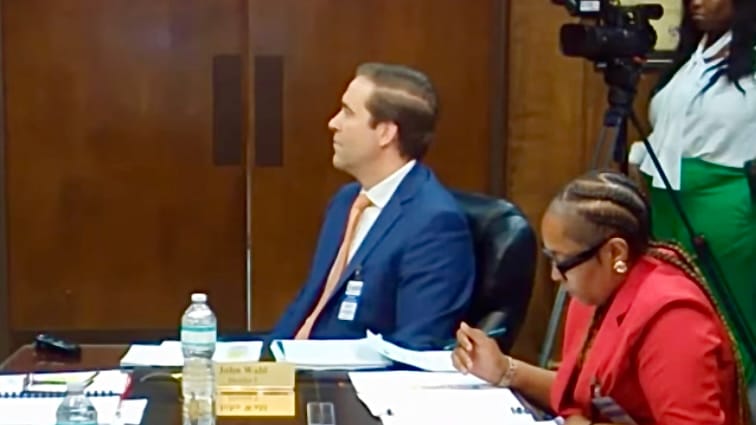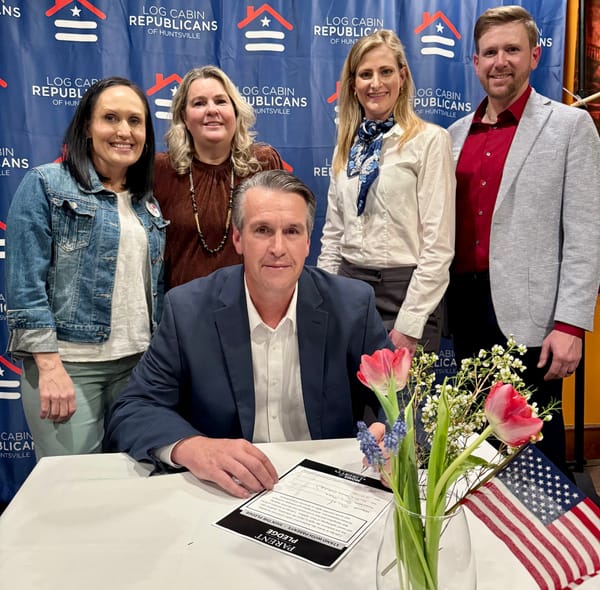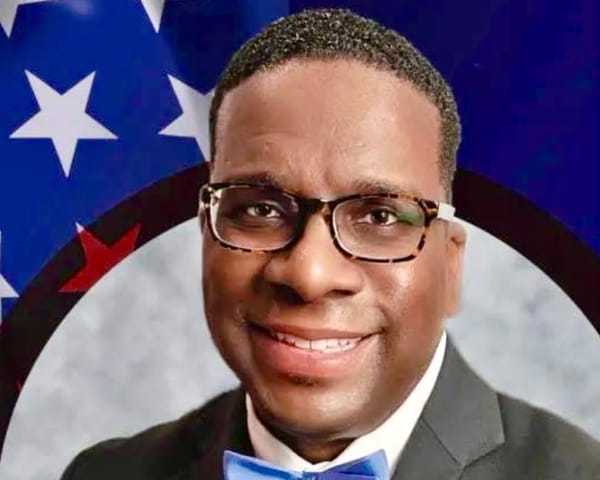John Wahl Praises Court Ruling on Book Relocation
Responds to U.S. 5th Circuit ruling that public libraries have right to curate their collections

John Wahl, Chairman of the Alabama Public Library Service (APLS), has expressed strong support for a recent decision by the U.S. Court of Appeals for the Fifth Circuit. The Court ruled that public libraries have the authority to curate their collections, including the removal or relocation of books deemed sexually explicit or age-inappropriate, without infringing upon the First Amendment.
The case in question involved Llano County, Texas, where officials removed 17 books from the public library system. These books covered topics such as gender identity, sexuality, and included some children's books with illustrations of nudity. In response, seven library patrons filed a lawsuit in 2022, alleging that the removals constituted censorship. However, the Fifth Circuit reversed a previous injunction, stating that public libraries' decisions on their collections are a form of government speech and thus not subject to free speech challenges.
Chairman Wahl hailed the ruling as a victory for families and parental rights. "This court decision made it clear that moving books that are inappropriate for children out of youth sections is not censorship — it's responsible stewardship of public libraries and a basic protection for our children," Wahl stated.
The Court's opinion also addressed concerns about censorship, noting the hyperbolic nature of some arguments presented. The Judges wrote, "We note with amusement (and some dismay) the unusually over-caffeinated arguments made in this case... Take a deep breath, everyone. No one is banning (or burning) books." The Court also pointed out that ““All Llano County has done here is what libraries have been doing for two centuries: decide which books they want in their collections.”
Furthermore, the Court concluded that “plaintiffs would transform that precedent into a brave new right to receive information from the government in the form of taxpayer-funded library books. The First Amendment acknowledges no such right.”
"The Fifth Circuit saw through the woke hysteria surrounding our libraries and reaffirmed what we've said all along: protecting our youth and respecting parents is not censorship," said Wahl. "The people trying to paint this as some kind of 'book ban' are ignoring the facts as well as the foundation of our legal system. No one is preventing people from buying or reading any book they want. The only question is about whether sexually explicit content belongs in taxpayer-funded public spaces accessible to children. Parents have a right to say no — and that right must be respected."
The plaintiffs in the Llano County case have 90 days from the ruling to decide whether to appeal to the U.S. Supreme Court. Given that the decision of the 5th Circuit is at odds with a previous decision by the 8th Circuit Court, such an appeal to SCOTUS is likely.




